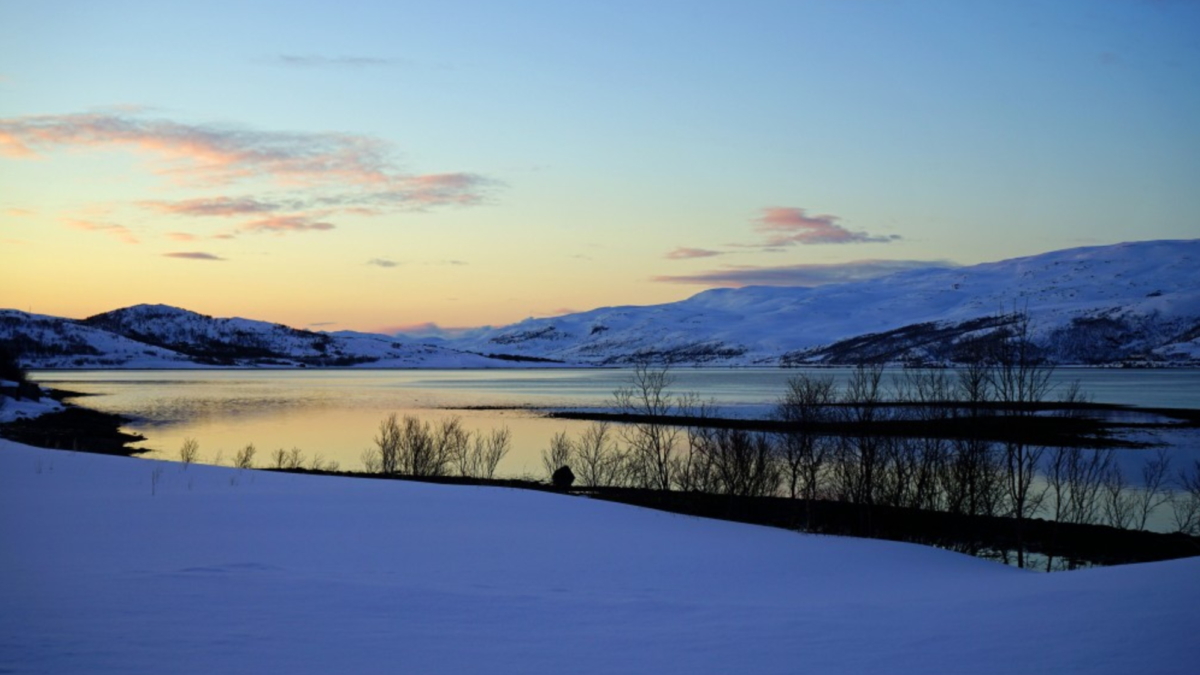Fishing waste chokes marine wildlife, threatens human health in Argentina’s Patagonia – Mountains of plastic waste from the fishing industry cover the coast along the Valdes Peninsula

By Miguel Lo Bianco
4 October 2024
VALDES PENINSULA, Argentina (Reuters) – Mountains of plastic waste from the fishing industry have covered the coast along the Valdes Peninsula in Argentina’s Patagonia, threatening the lives of sea lions, fish, penguins and whales and also endangering human health.
The coasts of the peninsula on Argentina’s Atlantic coast, declared a World Heritage Site by UNESCO for its natural beauty, have been dotted with crates, nets, buoys and other fishing tools thrown into the sea and washed ashore.
“These plastics are made up of chemicals and pollutants that can cause a number of diseases in both humans and marine fauna,” said Diego Gonzalez, a biologist studying industrial fishing waste.
Reuters journalists captured scenes of animal carcasses decomposing among piles of plastic litter on the beach of Pico Sayago, while other critters continued to navigate around the trash.

The Valdes Peninsula, 1,000 kilometers south of Buenos Aires, is one of the main tourist destinations in the country. It is also a marine mammal conservation site and home to large populations of right whales as well as elephant seals, sea lions and penguins.
Gonzalez, from the national scientific research organization CONICET, said there were potential long-term concerns as the plastics on the beach break down.
“Due to the currents, the sun or even the passage of time, these plastics can break down to become microplastics,” Gonzalez said.
The so-called microplastics can then be ingested by marine life, and then later, by humans, he explained.
The amount of plastic waste flowing into oceans and choking marine life could triple in the next 20 years unless companies and governments take drastic efforts to end dumping, according to a 2020 study by Pew Charitable Trusts and SYSTEMIQ.
Fishing waste chokes marine wildlife, threatens human health in Argentina’s Patagonia

